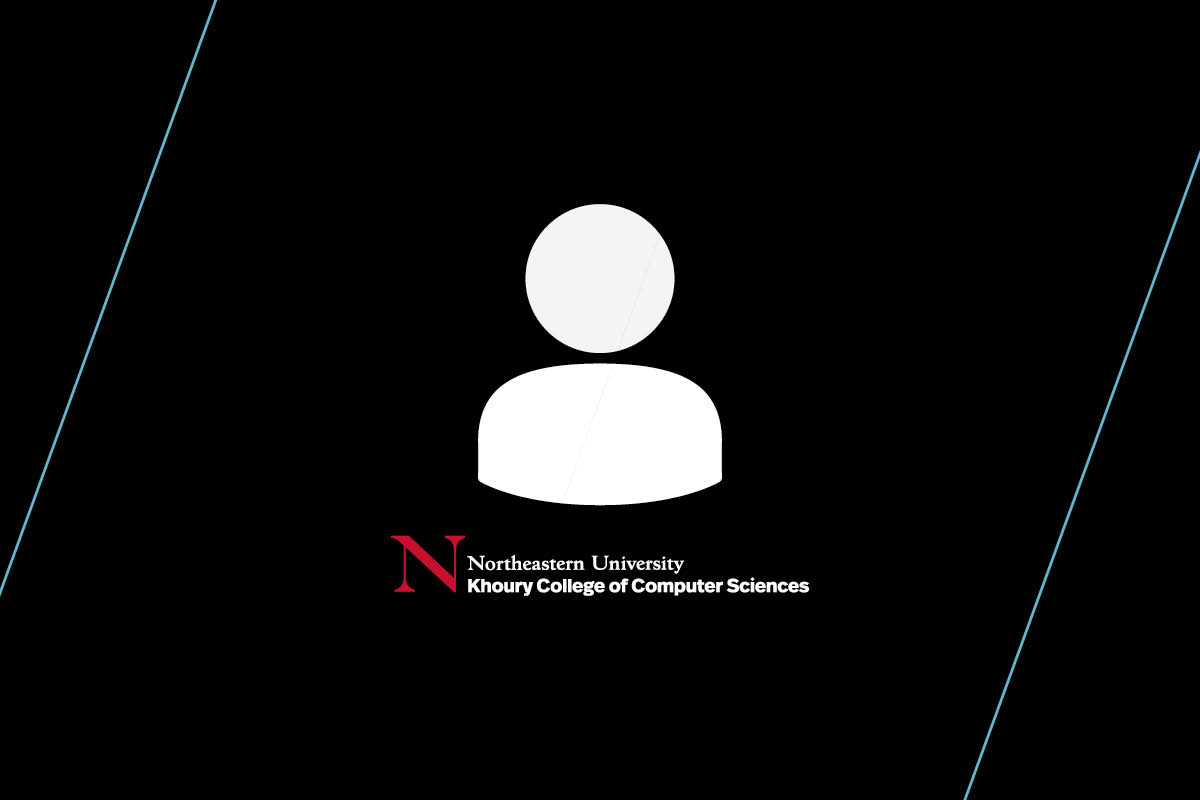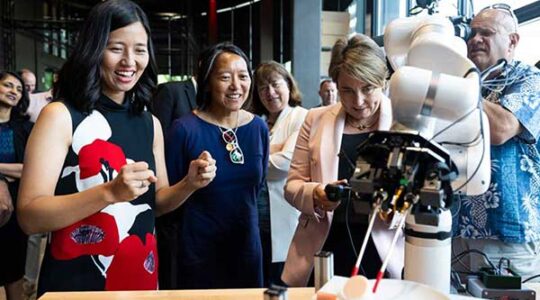Auroop Ganguly
Distinguished Professor of Civil and Environmental Engineering, Khoury College Courtesy Appointment

Research interests
- Water and climate science
- Data science
- Network science
- Infrastructure resilience
Education
- PhD in Civil and Environmental Engineering, Massachusetts Institute of Technology
- MS in Civil Engineering, University of Toledo
- BTech(Hons.) in Civil Engineering, Indian Institute of Technology Kharagpur
Biography
Auroop Ganguly is a hydrologist and a civil engineer, and a College of Engineering distinguished professor of civil and environmental engineering. He is the director of the Sustainability and Data Sciences Laboratory, and holds courtesy appointments with multiple Northeastern departments and colleges, including the Khoury College of Computer Sciences, Marine and Environmental Sciences, Political Science, and Public Policy and Urban Affairs. He is a also visiting international professor of computer science and environmental science at the Indian Institute of Technology Kharagpur, as well as the co-founder and chief scientific adviser at the NSF-funded startup risQ, where his former PhD student is the CEO and co-founder.
Ganguly is a member of the United Nations Environmental Program review panel and the lead author of the artificial intelligence section of the upcoming Sustained National Climate Assessment of the United States. He is the chief specialty editor for water and built environment of the upcoming Frontiers in Water journal. He serves on the editorial boards for the journal PLOS ONE and Scientific Reports published by Nature, and the American Society of Civil Engineers Journal of Computing in Civil Engineering. He previously served as an associate editor of the American Geophysical Union journal Water Resources Research and as a member of the AI committee of the American Meteorological Union. He has also served as a co-chair of the Societal Dimensions Working Group at the National Center for Atmospheric Research.
Ganguly has published in top interdisciplinary journals such as Nature, Proceedings of the National Academy of Sciences, and Nature Climate Change, among others. He specializes in hydrometeorology and hydroclimate, climate and weather extremes, resilience of lifeline infrastructures, data mining and machine learning, and nonlinear physics. He has published a textbook on critical infrastructures resilience by Taylor and Francis and other edited books on knowledge discovery from sensor data by CRC Press and LNCS.
His research has been published in top computer, data science and AI venues, as well as selective peer-reviewed conferences including SIAM Data Mining and ACM Knowledge Discovery and Data Mining, where he has won multiple best paper awards. Ganguly’s research has been cited in UN and US assessment reports, as well as highlighted in commentaries in scientific venues such as Nature, PNAS, NASA Tech Briefs, R&D Magazine, the US Department of Energy, and National Science Foundation news. He has also been quoted by the news media in the United States and across the globe.
He teaches graduate and undergraduate courses in climate, water, applied data science, and critical infrastructures during the year. In the summer, he leads an undergraduate study abroad program on climate change science, engineering, and policy across different regions of the world. He has more than 20 years of experience spanning academia, private industry, startups, and government research laboratories. These include Oak Ridge National Laboratory, Oracle Corporation, and a best-of-breed company acquired by Oracle.
He has also held joint, adjunct, or visiting faculty positions at the University of Tennessee, Knoxville; the University of South Florida; and the Indian Institute of Technology Bombay. His experience in the private sector has included time series software development and analytics for the demand-driven supply chains. At the Oak Ridge National Laboratory, his research touched upon climate extremes and homeland security, as well as computational and data sciences. He has brought in about $20 million in research funding in his career from sources such NSF, NASA, US Department of Energy, US Department of Defense, and other sources, and won multiple mentorship and outstanding faculty or faculty fellow awards.
Projects
-
Interdependent Network-based Quantification of Infrastructure Resilience (INQUIRE)
Lead PI: Albert-László BarabásiCo PIs: Edmund Yeh, Auroop Ganguly
